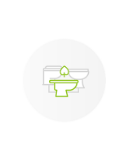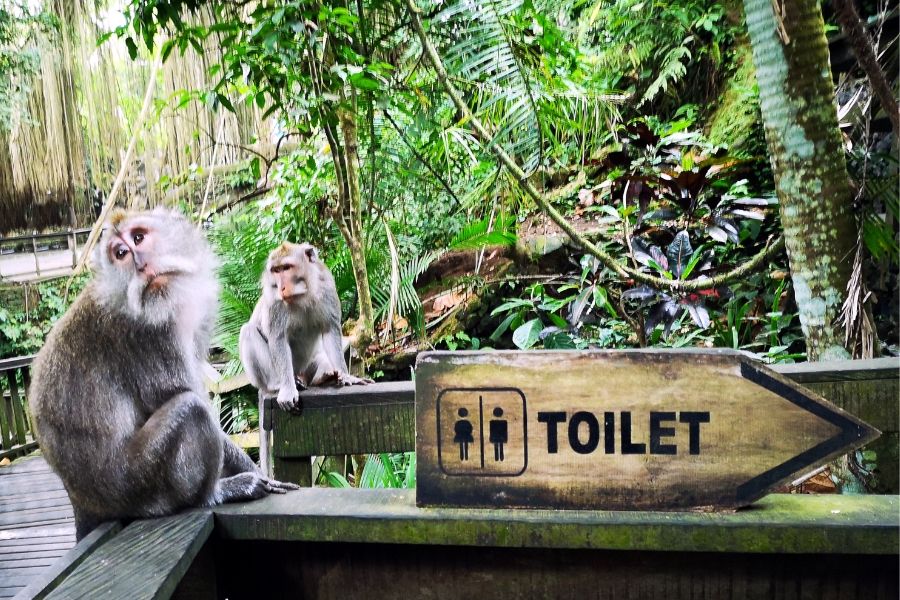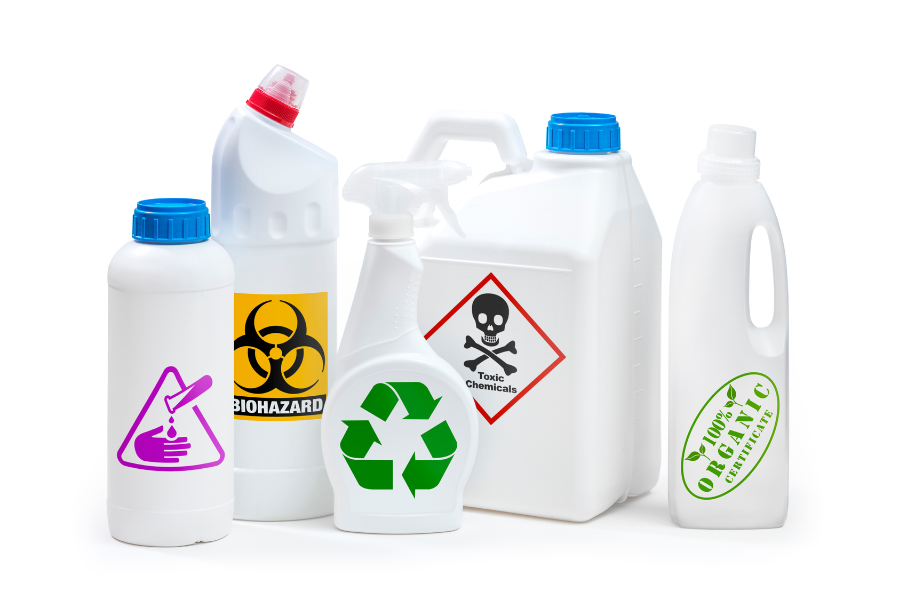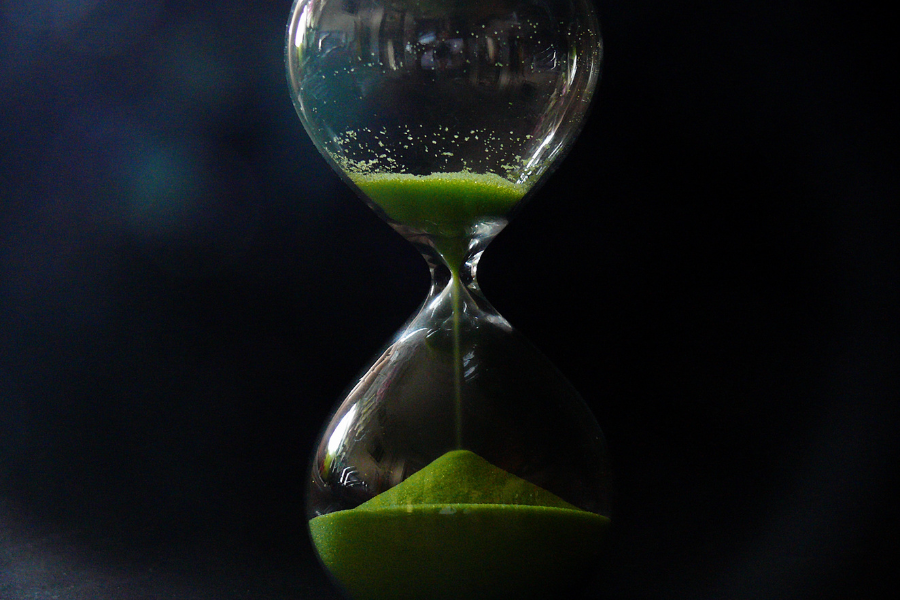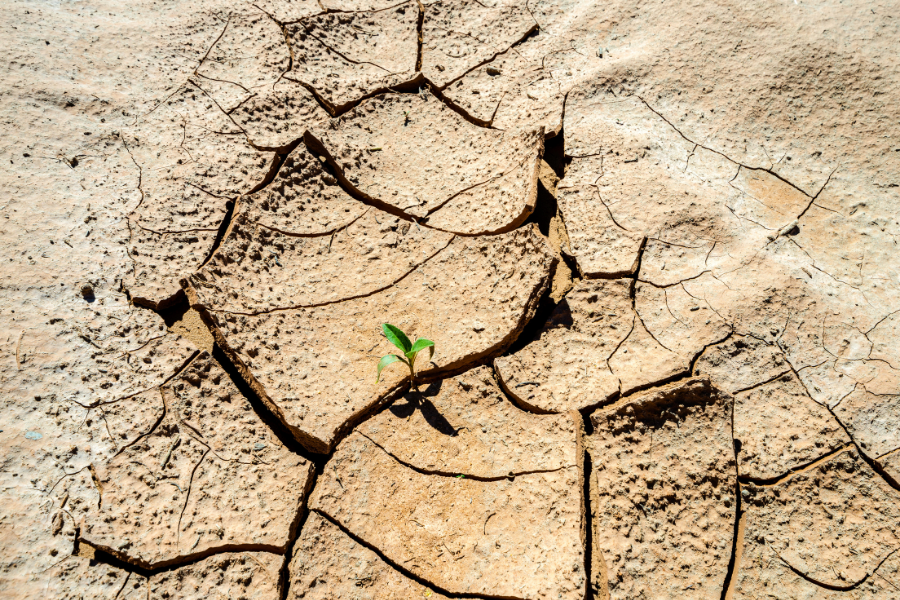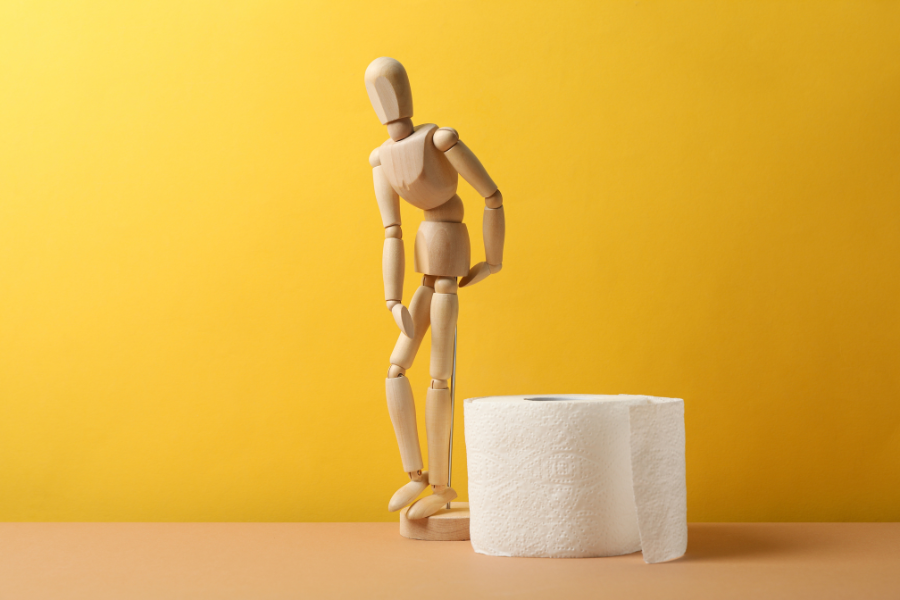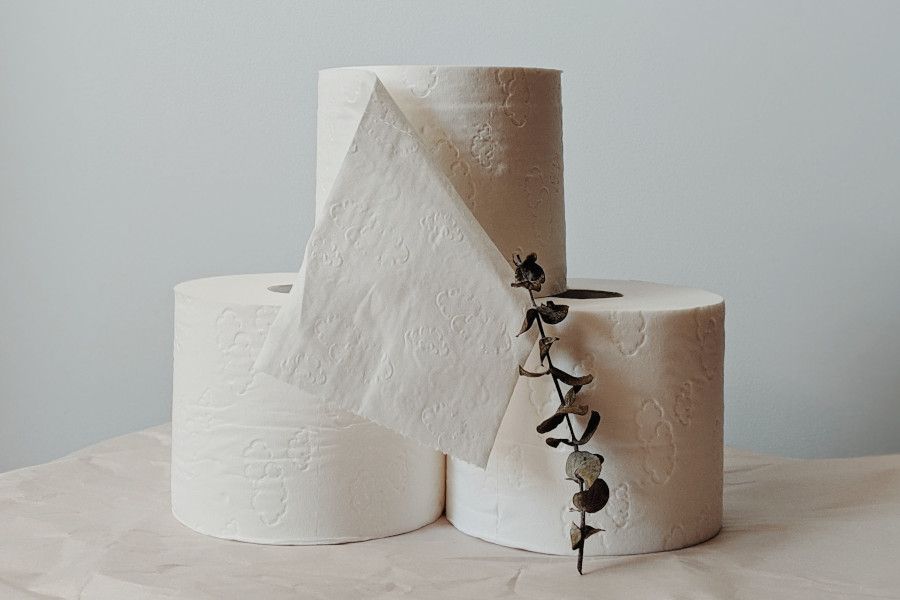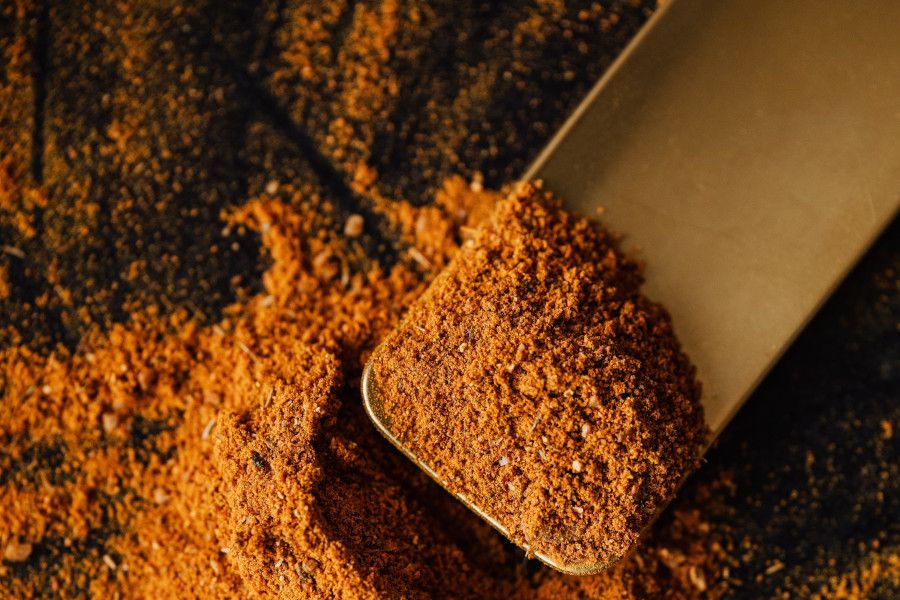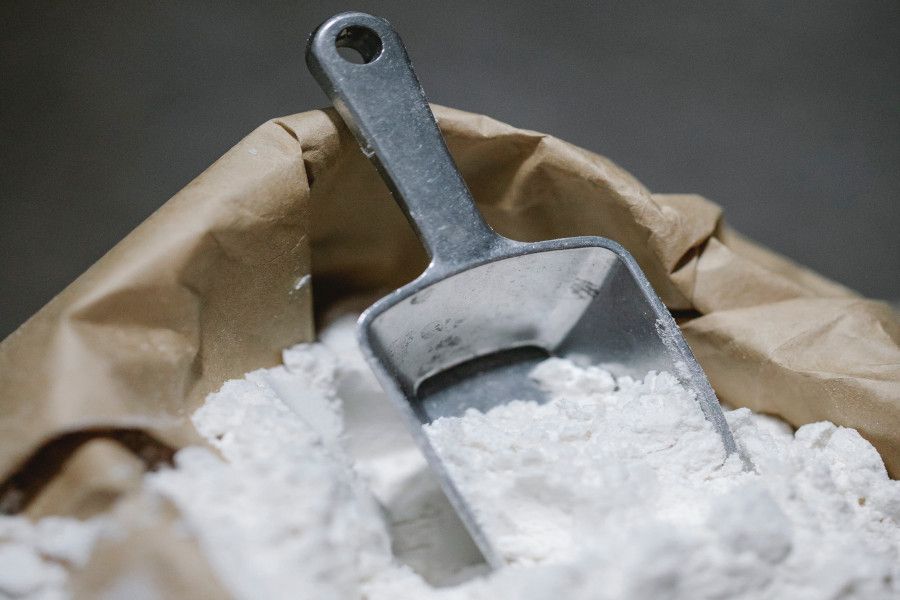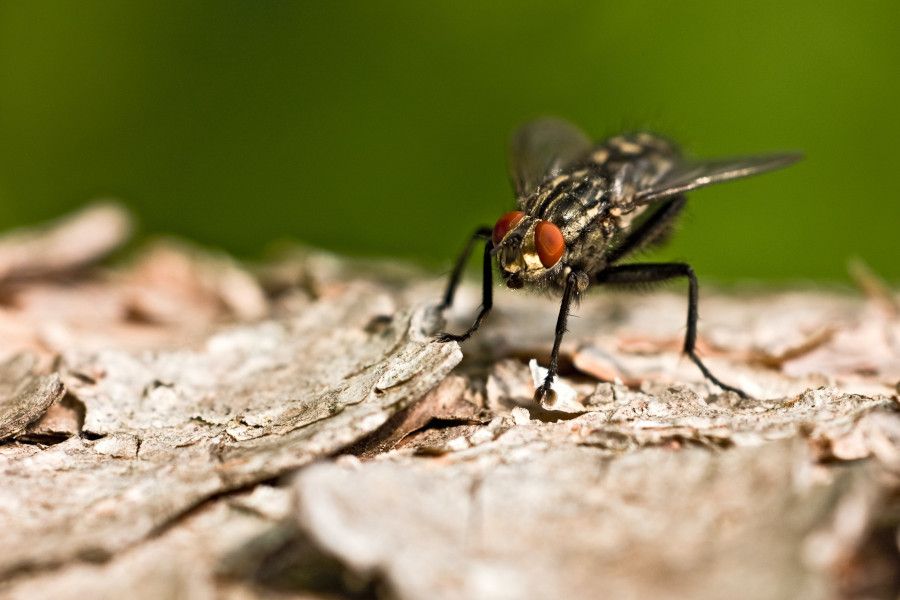Composting toilets are equipped with cutting-edge technology to optimize the composting process, but their success is still heavily dependent on user input...
RSS
Blog
Some cleaners can have adverse effects on the composting process, so to help you maintain a healthy composting system, below are the cleaners to avoid, and the cleaners to use!
A question we get asked often is "how often are composting toilets emptied?" Obviously, emptying frequency is system and usage dependent, but there are average expected time frames.
Composting toilets are resilient to floods. Once drained, they will keep composting. The path to recovering the toilet will largely depend on the type of system you have.
If you have a urine-collecting system in which urine is gathered in a container separate to the composting chamber, you will need to dispose of the urine manually once your container is full.
Here is everything you'll need to keep the toilet clean, and the compost pile active and healthy.
Generally, the health of a compost pile is relatively simple to maintain. But sometimes, things do go awry. That is where Compost Treatments come in.
Additives help you maintain microbial activity within the pile, speed up decomposition, balance out pH levels, prevent fly strike, negate damaging effects of pharmaceuticals on the compost, and generally prevent problems from arising.
Composting toilets are designed to keep flies away, and with proper maintenance flies shouldn't be a problem. If, however, you've found flies buzzing around your toilet, you need to deal with them sooner rather than later.
A well-designed and properly maintained toilet shouldn't have any unpleasant odours. If it does, something is wrong. Here are a few reasons as to why a composting toilet may start to generate odour, and ways to fix it.
- 1
- 2






